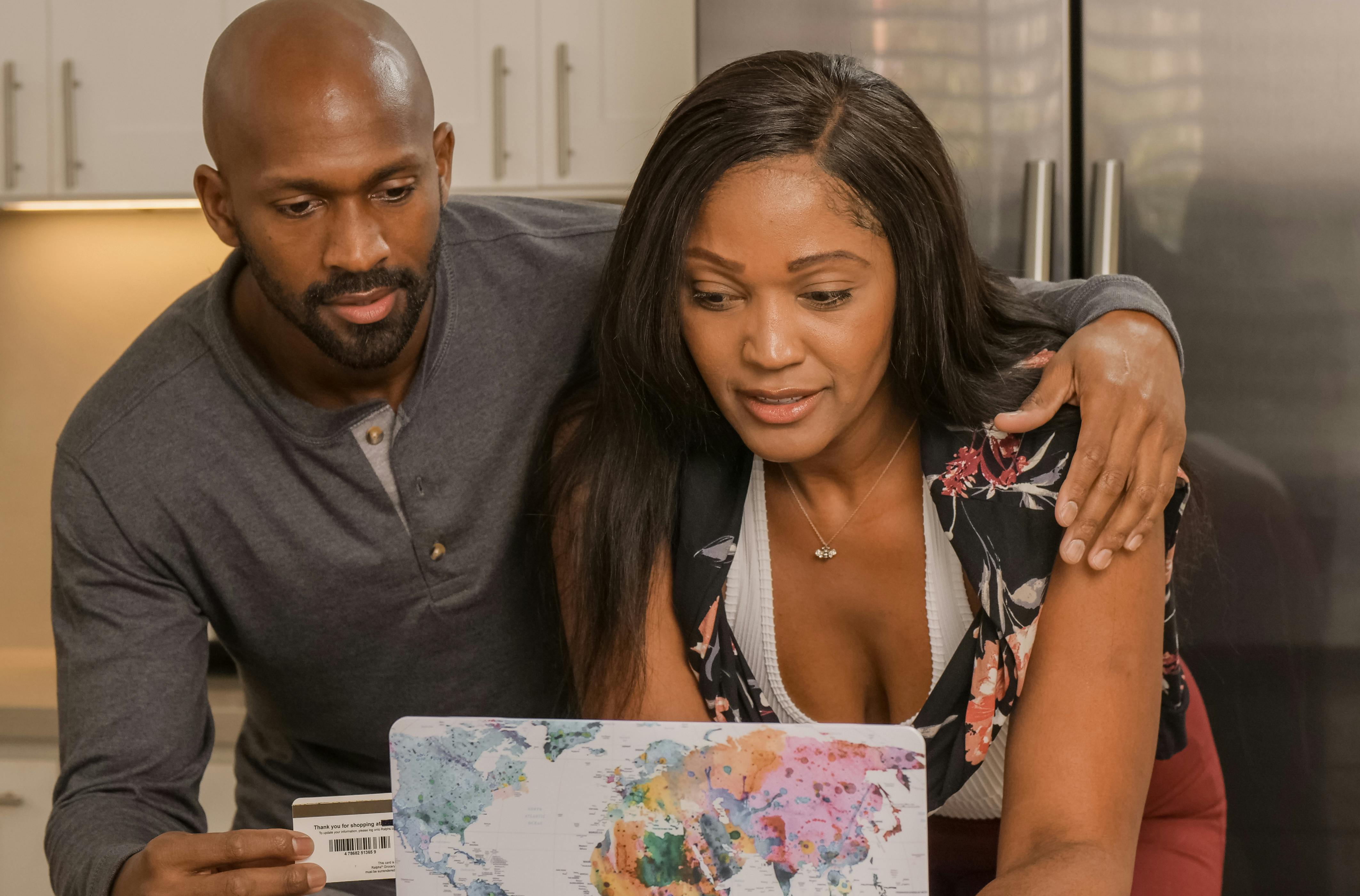Smart Ways to Fall Out of Love and Move On in 2025

Smart Ways to Fall Out of Love and Move On in 2025
Falling out of love can be one of the most challenging emotional experiences we face. Whether it’s the slow realization that a relationship isn’t working or dealing with the heartache of unrequited love, letting go of feelings for someone is sometimes crucial for personal growth and emotional recovery. In this article, we will explore effective strategies on how to fall out of love, stop loving someone, and move on from a relationship in 2025. By understanding our feelings and using self-love strategies, we can find healthier paths to healing and emotional freedom.
We’ll delve into key concepts such as accepting the end of love, recognizing toxic relationships, and finding closure to rebuild self-esteem. Each section will provide practical tips for navigating heartbreak and developing emotional clarity, ensuring that you can cope with lost love and achieve a sense of renewal.
Understanding the Complexity of Love
Love is often complicated, and recognizing when to let go is vital for emotional health. Understanding love involves acknowledging the difference between infatuation and genuine connection, which plays a crucial role in processing feelings. By reframing our perspectives on love, we can create emotional detachment from unhealthy attachments.
Moreover, it’s essential to identify signs of emotional attachment that may prevent us from moving on. These signs can include persistent thoughts about the person, longing for past moments, and feelings of heartbreak when picturing a life without them. Through self-reflection and increased emotional intelligence, we can learn to navigate these feelings more effectively.
Building Resilience and Self-Love
In order to navigate the challenging landscape of unrequited love, building resilience becomes essential. Self-love strategies, such as practicing mindfulness, setting boundaries, and focusing on self-improvement, can help diminish feelings of dependency. Engaging in hobbies or rediscovering passions can also serve as effective coping mechanisms.
A practical tip to reinforce self-love is to maintain a consistent self-care routine. Activities that promote relaxation, such as yoga, reading, or spending time in nature, can create emotional distance and help you learn to enjoy your own company. This rediscovery of self can lead to substantial personal growth after love.
Finding Closure and Moving Forward
Finding closure after a relationship is fundamental in the healing process. It involves letting go of memories and forgiving both yourself and your partner for the things that may have gone wrong. Engaging in therapy or support groups can provide valuable insights and help in processing feelings related to your past relationship.
Moreover, anchoring yourself in emotional recovery strategies, such as journaling or discussing your feelings with trusted friends, can accelerate this journey. By openly expressing your emotions and confronting past hurts, you enhance your understanding of relationship dynamics, leading to a more profound acceptance of moving on.
Dealing with Nostalgia and Letting Go
Nostalgia can be a formidable barrier to letting go of love, making it hard to distance oneself from cherished memories. Acknowledging these feelings as part of the healing process is important; however, it’s crucial to create a healthy boundary with them. Managing loneliness and reducing attachment can help minimize the impact of nostalgia on your emotional state.
Techniques like practicing mindfulness and focusing on the present can significantly aid in reducing the emotional weight of memories. With intentional efforts to improve your emotional intelligence, you can better identify triggers that evoke past love, allowing you to take more proactive steps to let go.
Recognizing Toxic Relationships
Understanding toxic relationship dynamics is pivotal in evaluating past partnerships. Signs of unhealthy attachment may include manipulation, emotional abuse, or dependency. By recognizing these red flags, you empower yourself to break free from detrimental emotional patterns, paving the way for healthier relationships in the future.
In addition, reflecting on past relationships encourages personal empowerment and understanding of what constitutes healthy love. By creating a mental list of desirable qualities in future relationships, you can transition into new connections with greater clarity and assurance.

Emotional Support and Healing Techniques
Emotional support from friends, family, or professionals can be incredibly beneficial during recovery from lost love. Engaging with support groups for heartbreak can create a sense of community and validation in your experiences. Furthermore, exploring cognitive strategies for overcoming love and teaching oneself the language of emotions can enrich your emotional recovery journey.
Healing techniques such as re-evaluating relationship priorities and practicing forgiveness play a critical role in emotional recovery as well. Accepting that healing is a process that takes time can ease the burden of moving forward, allowing you to embrace new beginnings.
Transitioning to a New Chapter
Moving forward with life involves embracing your new identity and finding joy in solitude. Engage in personal growth activities that enhance self-esteem and rebuild social connections. Learning to enjoy your own company with hobbies and new interests can transform this period of emotional adjustment into an opportunity for renewal.
Incorporating cognitive behavioral strategies for managing love can help reframe your thoughts about the past and set the stage for brighter, healthier relationships in the future. Recognizing the importance of emotional clarity and practicing self-compassion will cascade into all aspects of life, promoting overall well-being.

Conclusion: Embracing New Beginnings
In conclusion, falling out of love and moving on is a personal journey that necessitates understanding, patience, and self-love strategies. By addressing emotional triggers, building resilience, and embracing self-compassion, it becomes possible to navigate the complexities of love, heartbreak, and personal growth.
Remember that healing takes time, and it’s okay to seek support as you navigate through these feelings. Fostering personal independence and learning from past relationships will lead you toward emotional freedom and pave the way for a fulfilling future.